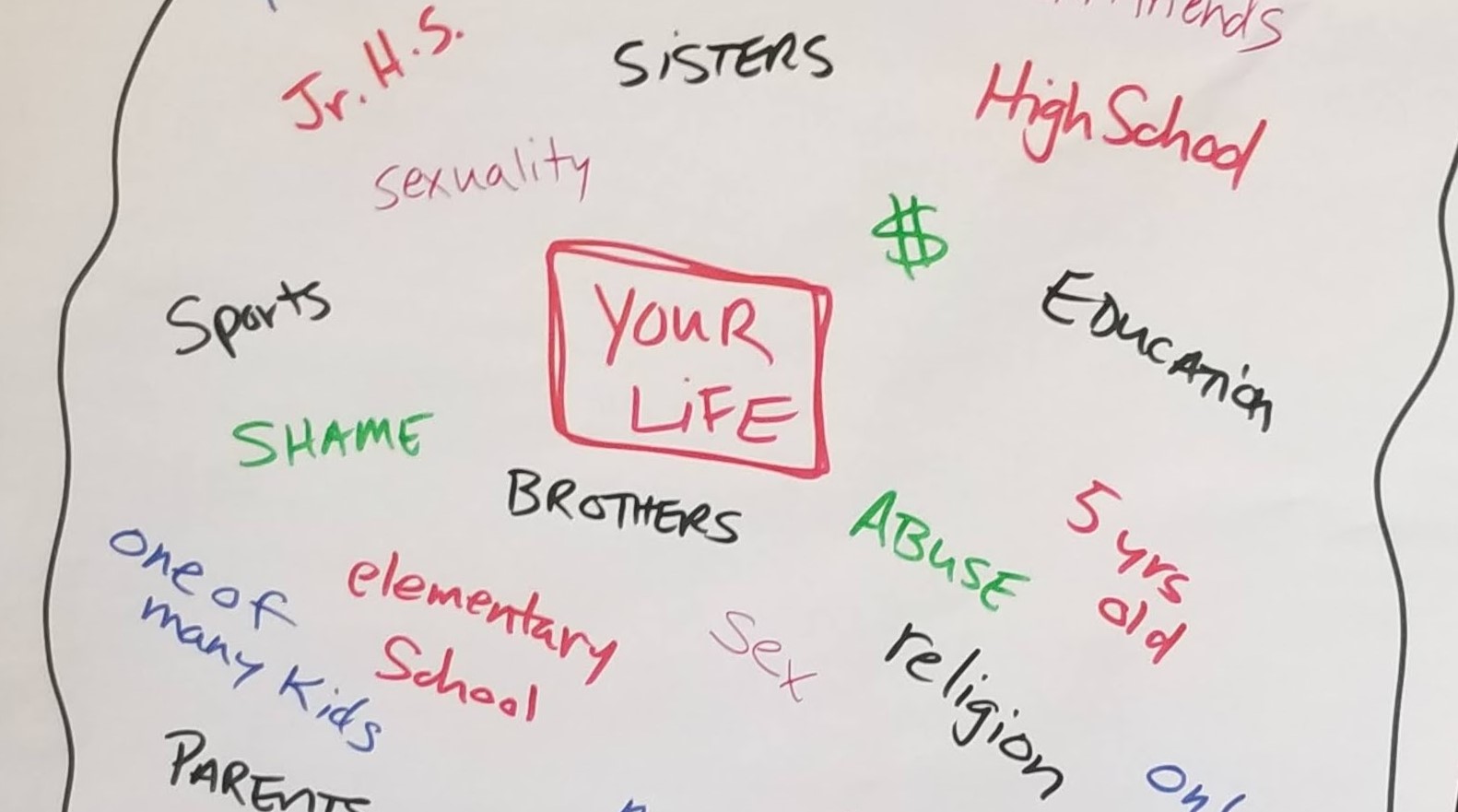
Why won’t the stubborn fool listen to me?
Have you ever been listening to someone’s problem and have a great solution pop into your head? Not just an idea, but a revelation? A course of action that would make a huge improvement. A solution that takes into account the problem itself as well as your understanding of what the person is capable of? It is over-the-top obvious to you what they should do and, furthermore, it would stop them from talking about the issue all the time!
You explain your solution to the person and you can see they don’t get it all. They can’t see what you see. It can be very frustrating, right? How do we not give up on someone who can’t seem to solve the problem with our help and is not solving it on their own?
Part of moving on from something like this is forgiving the person for not taking our amazing advice. A big part of forgiveness is empathy.
I was lucky enough to be in a leadership course recently put on by Brian Brault. Brian explained the “iceberg principle” to us. This is the idea that what we can see and know about someone is only the tip of the iceberg. There is way more that we can’t see. Do we understand their experience with death (loss), their sexuality, the relationship they had with their parents and siblings, their politics? There is no way we can. These hidden things have a huge impact on how they see the world and how our suggestions to them will be interpreted. Each person has their own unique iceberg under the surface that will uniquely impact their ability to accept and implement our amazing solution.
It also uniquely impacts the way they feel and act in everything they do. We need to keep this in mind at all times and get over it when people don’t act like we think they should.
Of course our idea might just be a bad one, right? 😏